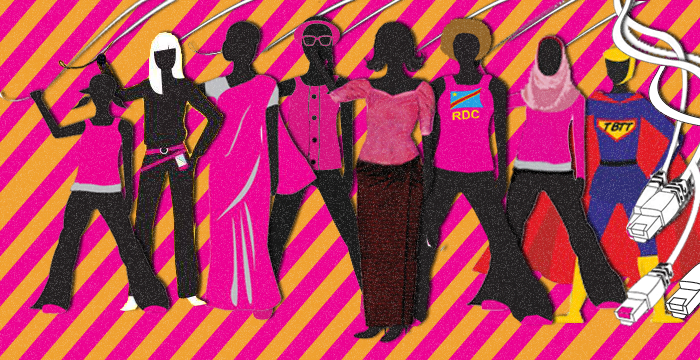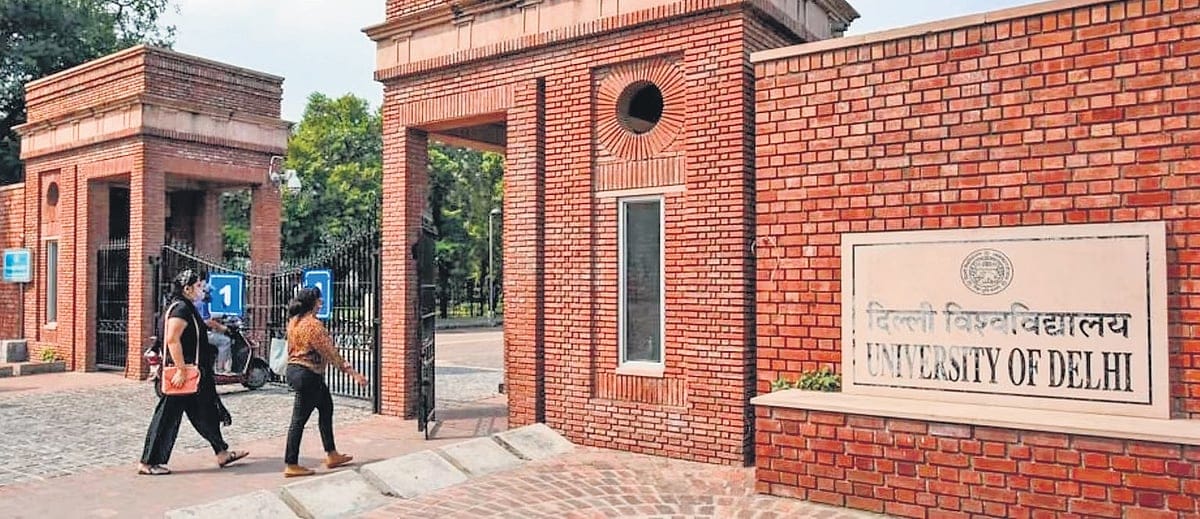Posted by Sara Baker
When I started telling people about my work I was often met with blank stares. What is technology-related violence against women? – they asked. In 2014, the issue suddenly exploded in mainstream media, taking up significant space in papers from the Washington Post to O Globo, and driving debates in policy circles. Aside from several high profile cases, Take Back the Tech! also produced a report card grading social media platforms on women’s rights, and we were also involved in WAM!‘s Facebook campaign. This year, I will be coming up on my fourth Take Back the Tech! campaign for 16 Days of Activism Against Gender-Based Violence. Now when I tell people what I do, they nod and share stories of cyberstalking or Twitter threats.
But for Take Back the Tech! campaigners and partners it wasn’t an explosion; it was at least a decade of tough, dedicated work by women all over the world that finally put technology-related violence in the spotlight. When Jac sm Kee, programme manager of APC’s Women’s Rights Programme, wrote a 2006 paper looking at the relationship between gender-based violence and internet communications technologies (ICT), hardly anyone was working on this issue. She saw that technology was facilitating violence against women but also facilitating information sharing, capacity building, networking and alternative media, and she realised how the internet could be used to expand the movement against gender-based violence.

Image Credit: Take Back The Tech
Jac got together with passionate and like-minded women and they started Take Back the Tech!, encouraging women and girls to use technology to counter gender-based violence. Since then, Take Back the Tech! campaigners have been instrumental in guidelines, policy and mechanism changes on Facebook, Twitter and other platforms. They have used the Take Back the Tech! map to document hundreds of cases and worked with APC to research problems and solutions specific to their countries, resulting in a study that is global in its scale, but relevant to several local contexts in various corners of the world (From impunity to justice: Exploring corporate and legal remedies for technology-related violence against women).
Campaigners have successfully encouraged governments to pay more attention to technology-related violence against women, trained law enforcement and other professionals on how to support victims/survivors and, perhaps most important, taught women and girls skills like digital storytelling and secure mobile phone use. Women in dozens of countries have taken ownership of the campaign, and developed creative feminist content that challenges gender norms. They have worked together to amplify the voices and needs of women human rights defenders, women living with disabilities and HIV, trans women, queer women and others who are marginalised. The global website is full of their multimedia content, from videos in Hindi and comics in Spanish to poems from Pakistan and protest photos from Uganda. Campaigners have even localised the icon, with her signature magenta clothes, giving her a sari in Bangladesh and drawing her as an agent of change in Bosnia and Herzegovina.
Campaigners have successfully encouraged governments to pay more attention to technology-related violence against women, trained law enforcement and other professionals on how to support victims/survivors and, perhaps most important, taught women and girls skills like digital storytelling and secure mobile phone use.

Image Credit: Take Back The Tech
While ten years may seem long in internet years, it’s a relatively short period when it comes to creating cultural and legislative change. That Take Back the Tech! has achieved so much already is due to its grassroots, collaborative nature. This edition of GenderIT is all about Take Back the Tech! campaigners from different parts of the world. It’s about ten years of creative resistance and a promise for the future.
Lamia Kosovic interviews Valentina Pellizzer about a decade of innovative, creative campaigns in Bosnia and Herzegovina with One World Platform.
Bianca Baldo talks with Caroline Tagny about starting a Francophone version of the campaign in Canada.
Tarryn Booysen interviews Francoise Mukuku with Si Jeunesse Savait about increasing the visibility of technology-related violence in the Democratic Republic of the Congo.
Smita gets insight from individual campaigners Divya Rajagopol and Japleen Pasricha in India.
Jennifer Radloff does a feature on the power of digital storytelling to tell our own stories rather than to have them taken and told back to us.
In Spanish, Florencia Flores Iborra interviews Laura Bretón about campaigning with girls in the Dominican Republic.
Just last month Jac sm Kee was awarded the Steig Larrson Prize for individuals or organisations dedicated to human rights in the spirit of the author of the Millennium Trilogy. As Jac says, this is an award for all of us, for our tireless work taking back the tech, imagining a feminist internet and creating a world where women and girls can fully enjoy their rights online and off. Take Back the Tech! has received such honours as the 2016 Womanity Award for the Prevention of Violence Against Women, the inaugural GEM–TECH award from UN Women and the International Telecommunications Union for Efforts to Reduce Threats Online and Building Women’s Confidence and Security in the Use of ICTs, the 2015 Bobs People’s Choice Award for Best Online Activism in English and a Prix Ars Electronic Honorary Mention for Digital Communities.
The next campaign starts 25 November. Text your friends, call your neighbours. Tell them we’re taking back the tech, and it’s changing the world. Join us!
Sara Baker is a writer and feminist activist based in the US. She works for the Association for Progressive Communications as the coordinator of Take Back the Tech!, an international campaign to reclaim technology to prevent violence against women.
This article was originally published on GenderIT.org and re-published here with their consent.
About the author(s)
Guest Writers are writers who occasionally write on FII.




